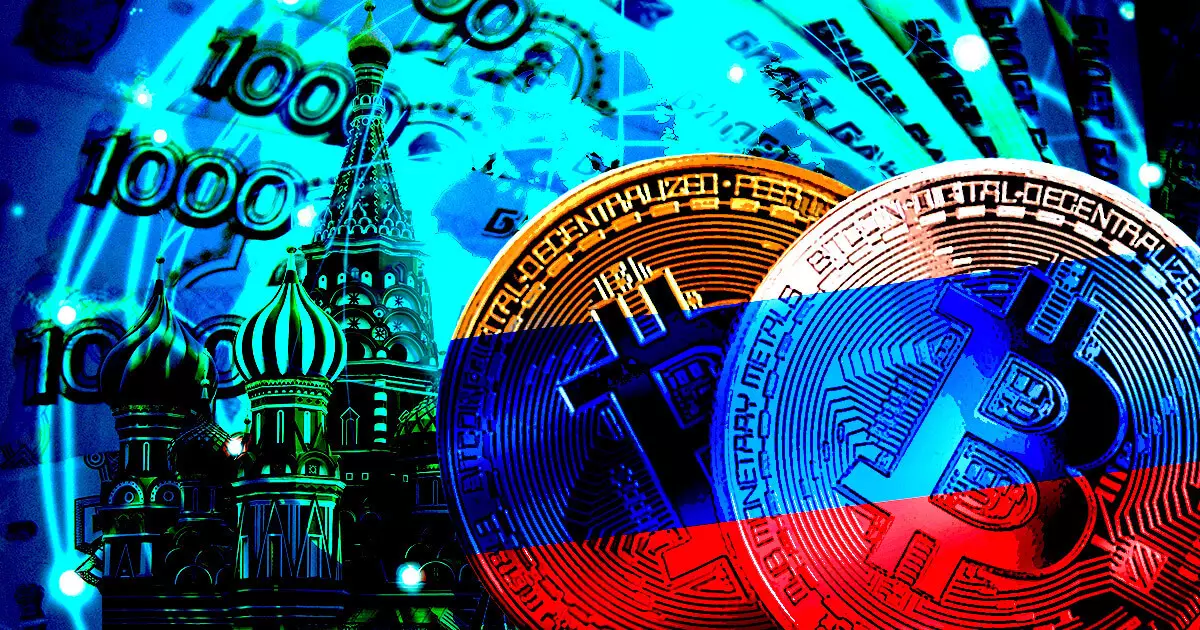Rosbank, one of the leading financial institutions in Russia, is set to become the first major bank in the country to offer cross-border transactions in cryptocurrency. The bank’s collaboration with Russian fintech service B-Crypto will provide customers with a technical solution to participate in these transactions. Rosbank emphasizes that these transactions will comply with the existing legislation, the Central Bank’s guidelines, and the bank’s compliance policy.
The Process for Cross-Border Cryptocurrency Transactions
The process for paying foreign suppliers in cryptocurrency is not simple. Russian companies that choose to pay for imported goods or services in cryptocurrency must first make arrangements with the supplier and indicate the wallet from which they will pay. The supplier then issues an invoice that includes the amount due in cryptocurrency and its receiving wallet address.
Once the contract is signed, the purchasing company deposits the owed amount in fiat cash into its Rosbank account. Rosbank then transfers the money to third-party partner institution B-Crypto, which uses the money to buy the desired cryptocurrencies from “friendly” nations and then forwards it to the supplier.
The Legal Landscape of Cryptocurrency Transactions in Russia
Russia’s stance on cryptocurrency is not supportive, and its use as a medium of exchange for goods and services has been banned in the country since July 2020. The Bank of Russia also prohibits crypto use in the national economy, but it permits its use outside of Russian infrastructure and in cross-border operations. Currently, Russian legislation lacks a foundation for digital currency transactions. The country’s digital financial assets (DFA) law prohibits even private Russian residents from accepting digital currency as payment for goods and services.
Vedomosti reported that the remaining top 50 Russian banks did not confirm providing similar services. Aleksey Voylukov, Vice-President of the Association of Russian Banks, admitted that he had seen no other examples of such implementations among large banks.
Andrey Tugarin, managing partner of the legal company GMT Legal, states that B-Crypto’s cryptocurrency activities are entirely within the legal parameters. He emphasizes that the DFA law only pertains to transactions conducted via Russian information infrastructure. As the DFA law currently stands under review in the State Duma, potential amendments could allow digital currency transactions within an experimental legal regime.
Rosbank’s collaboration with B-Crypto will provide a significant opening for cryptocurrency transactions in Russia. However, the legal landscape of cryptocurrency transactions in the country remains challenging, and the collaboration’s success will depend on the government’s stance on cryptocurrency in the future.

